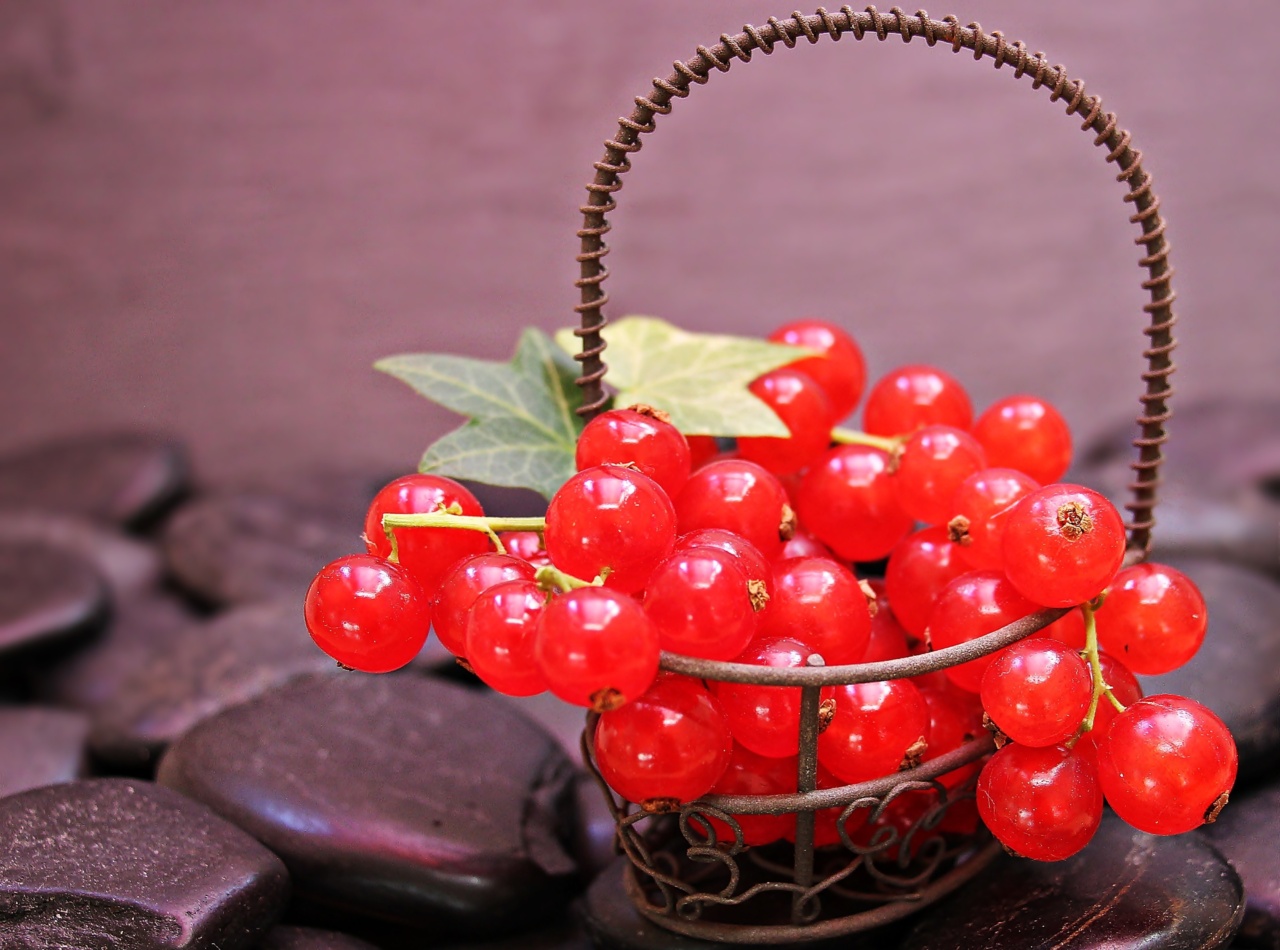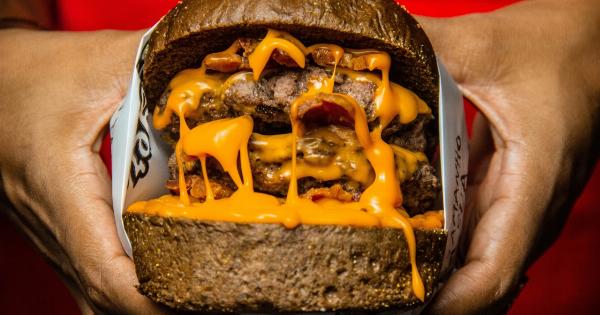Kidney stones are hard deposits of minerals and salts that form in the kidneys and cause sharp pain and discomfort in the lower abdomen, groin, and back.
Certain foods can increase the risk of kidney stone formation by increasing the levels of minerals and salts in the urine. Here are 5 foods to avoid with kidney stones:.
1. Sodium-rich Foods
Sodium is a mineral found in salt and many processed foods. Consuming too much sodium can increase the amount of calcium and other minerals in the urine, which can lead to the formation of kidney stones.
Examples of high-sodium foods include processed meats, canned foods, fast food, and frozen dinners.
2. Oxalate-rich Foods
Oxalate is a natural compound found in many plant-based foods. Consuming too much oxalate can lead to the formation of calcium oxalate kidney stones. Some examples of oxalate-rich foods include spinach, beets, rhubarb, peanuts, okra, and chocolate.
3. Animal Protein
Animal protein is high in purines, which are broken down into uric acid in the body. High levels of uric acid in the urine can lead to the formation of uric acid stones. Examples of animal protein include red meat, poultry, fish, and eggs.
4. Sugary Drinks
Sugary drinks such as soda and energy drinks contain high amounts of fructose, which can increase the levels of uric acid in the blood and urine. This can lead to the formation of uric acid stones.
Sugary drinks can also contribute to obesity, which is a risk factor for kidney stones.
5. High-potassium Foods
Consuming too much potassium can increase the amount of calcium in the urine, which can lead to the formation of calcium oxalate kidney stones. High-potassium foods include bananas, avocados, potatoes, tomatoes, and sweet potatoes.
Reducing the intake of these foods can help prevent the formation of kidney stones. Additionally, drinking plenty of fluids, especially water, can help flush out minerals and salts from the urinary tract and prevent the formation of kidney stones.































